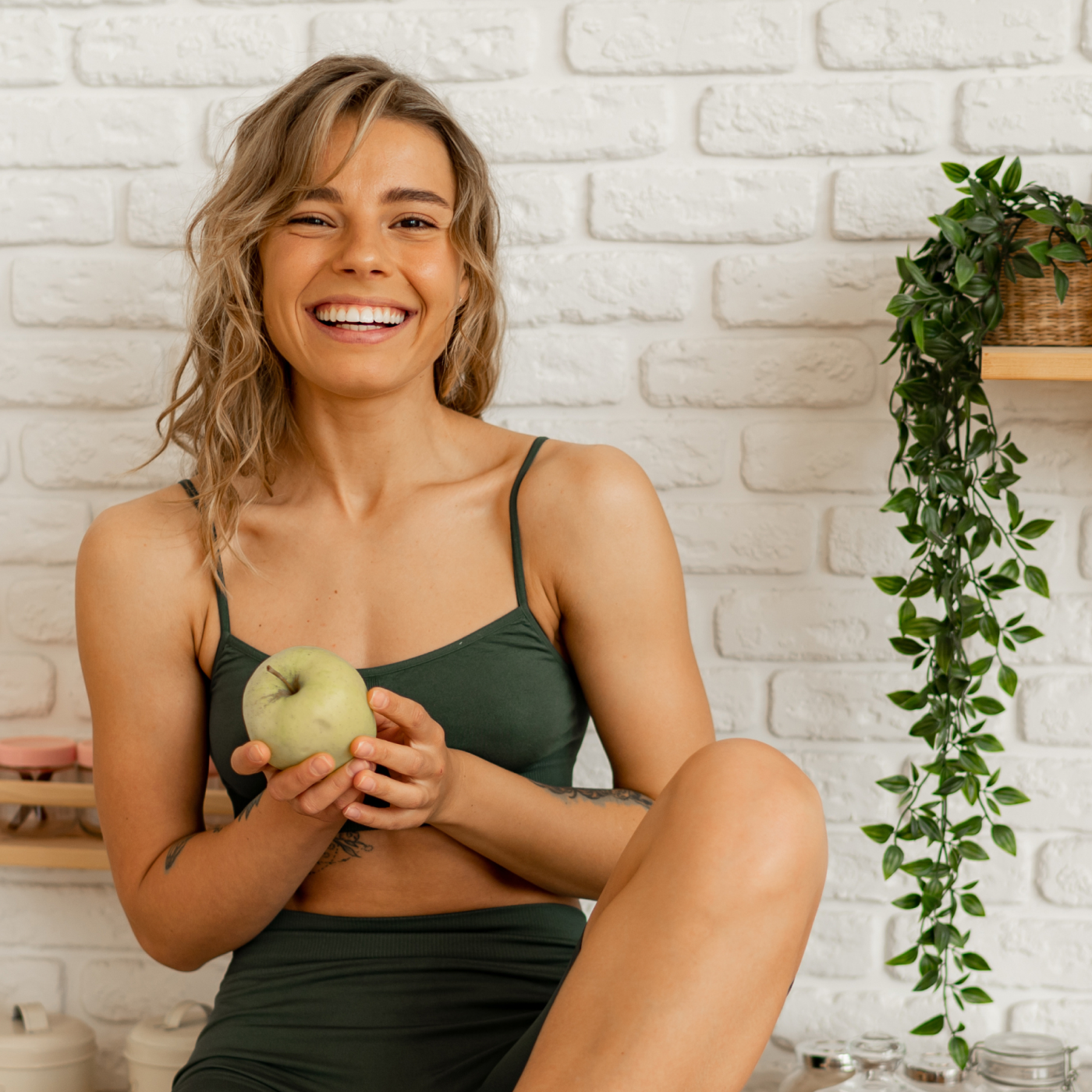Beauty – Between Ideals, History and Health

What is beauty? It’s a question humans have asked for millennia—and the answer keeps evolving. Beauty is more than an aesthetic judgment; it reflects social values, cultural influences, and individual perception.
Who decides what’s beautiful? How have beauty ideals changed, how do they shape our lives today, and what do they mean for our health and well-being?
Beauty – A multifaceted concept
Beauty is first and foremost subjective. What one person finds attractive may leave another indifferent. Still, every society and era develops shared ideas of what counts as beautiful.
Scientifically, beauty often aligns with symmetry, proportions, and certain features interpreted as signals of health and fertility.
Beauty ideals through history
- Antiquity: harmony, proportion, virtue, and character
- Renaissance: fuller forms, fair skin, signs of prosperity
- Baroque & Rococo: luxury, makeup, ornate clothing
- 19th century: narrow waists, pale skin, delicate features
- 20th century: from Marilyn Monroe to supermodel eras—ever shifting and diverse
Who shapes beauty ideals?
In the past: nobility, artists, philosophers. Today: media, fashion, influencers, and social platforms. The digital world has globalized standards—with pros and cons. Anyone can set trends, but pressure rises too.
How ideals influence us today
Beauty standards are more diverse than ever—yet the pressure can be intense. Perfect images, filters, and constant comparison fuel dissatisfaction and mental strain.
At the same time, the body-positivity movement is growing, spotlighting diversity, self-acceptance, and natural beauty.
Beauty and health – A complex relationship
Healthy skin, shiny hair, and a vibrant body reflect nutrition, movement, and lifestyle. Micronutrients like vitamin C and E, biotin, zinc, and omega-3 fatty acids support cellular health and radiance.
But the pursuit of beauty shouldn’t come at the cost of health. Extreme dieting, excessive exercise, or procedures should never undermine well-being.
Beauty in science – What research suggests
Our brains respond positively to beauty—similar to music or art. Pleasing stimuli activate the reward system.
People who perceive themselves as beautiful tend to feel more confident and satisfied. Research supports mindfulness and a balanced self-view.
Beauty ideals and social change
Movements like body positivity and diversity campaigns show that ideals can shift—toward greater acceptance and individuality.
Beauty remains an expression of joy, identity, and self-care. The goal is to find your balance between inspiration and self-acceptance.
Healthy beauty – What supports body and mind
- Balanced nutrition: vitamins, minerals, and antioxidants from within
- Movement: boosts circulation, energy, and glow
- Sleep and stress management: essential for recovery and freshness
- Skincare: gentle products and daily sun protection
- Self-acceptance: appreciating your own beauty
Dietary supplements can help when needs are higher or deficiencies exist—quality, appropriate dosing, and professional advice matter.
Conclusion: Beauty is diversity, health, and individuality
Beauty is more than a trend—it’s part of who you are, shaped by culture, emotion, and inner balance. When you practice self-care, embrace diversity, and accept yourself, you radiate from within—and move closer to genuine, healthy beauty.
Note: Dietary supplements are not a substitute for a balanced diet and healthy lifestyle. If you have health concerns or pre-existing conditions, please consult a qualified professional.










